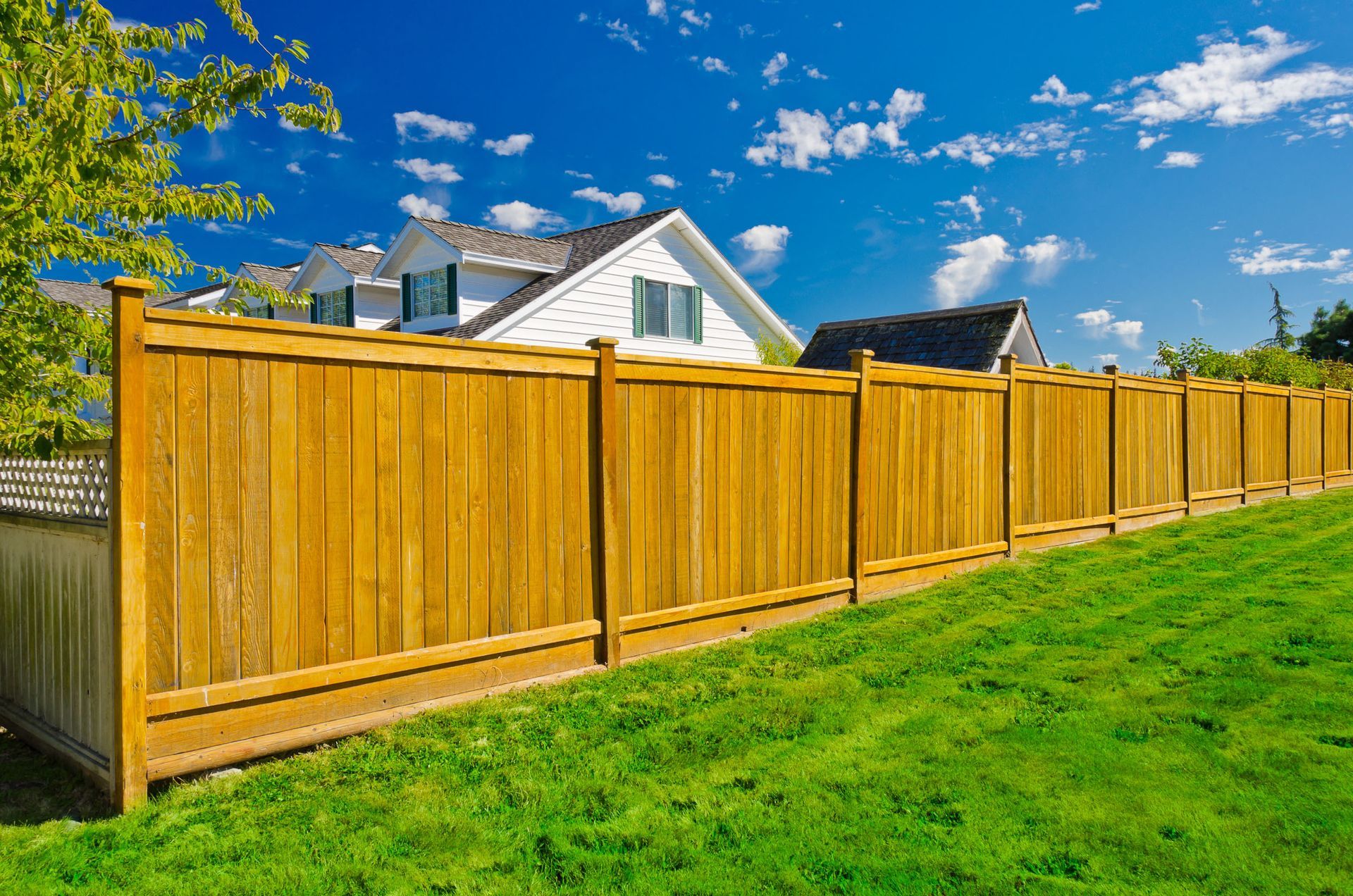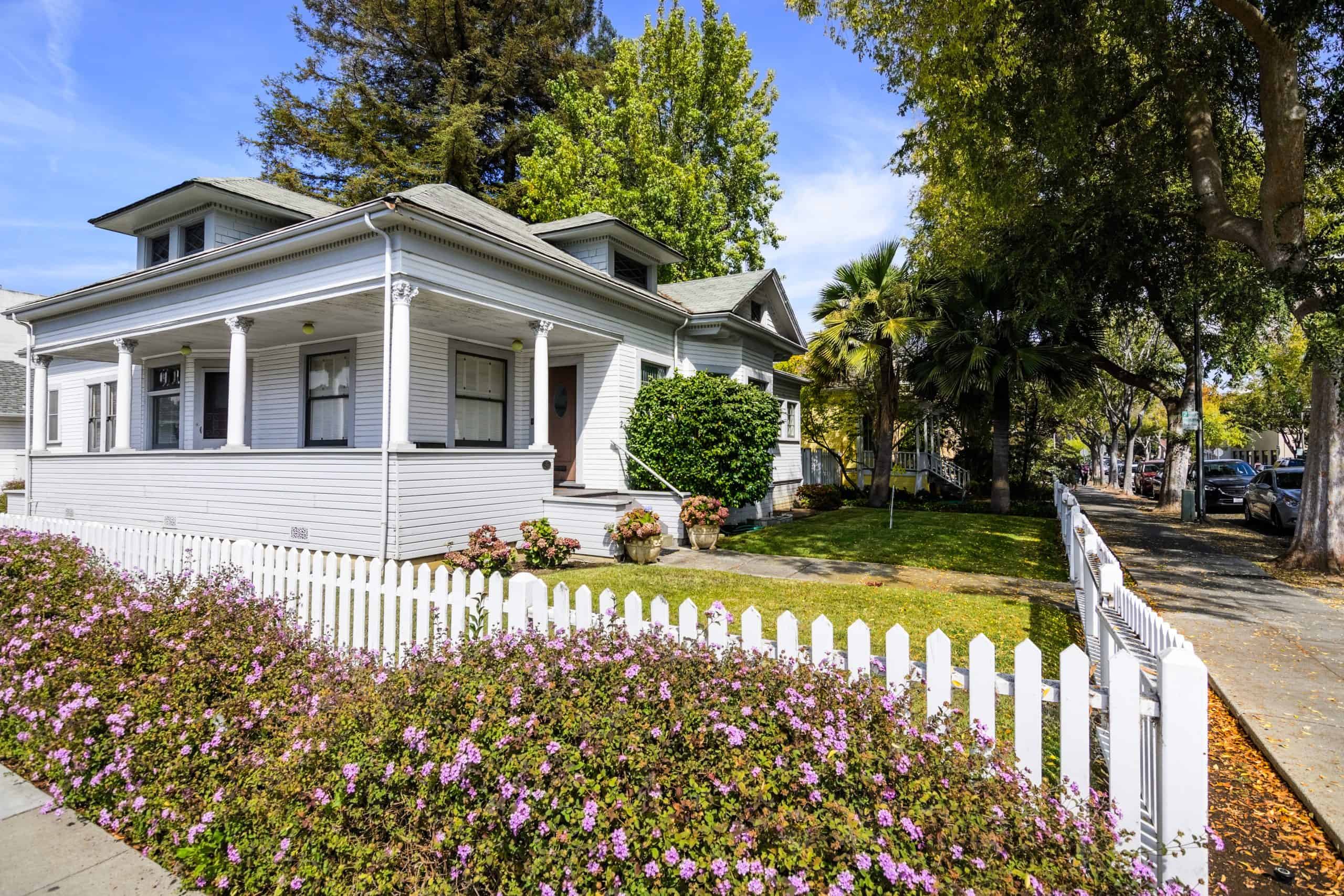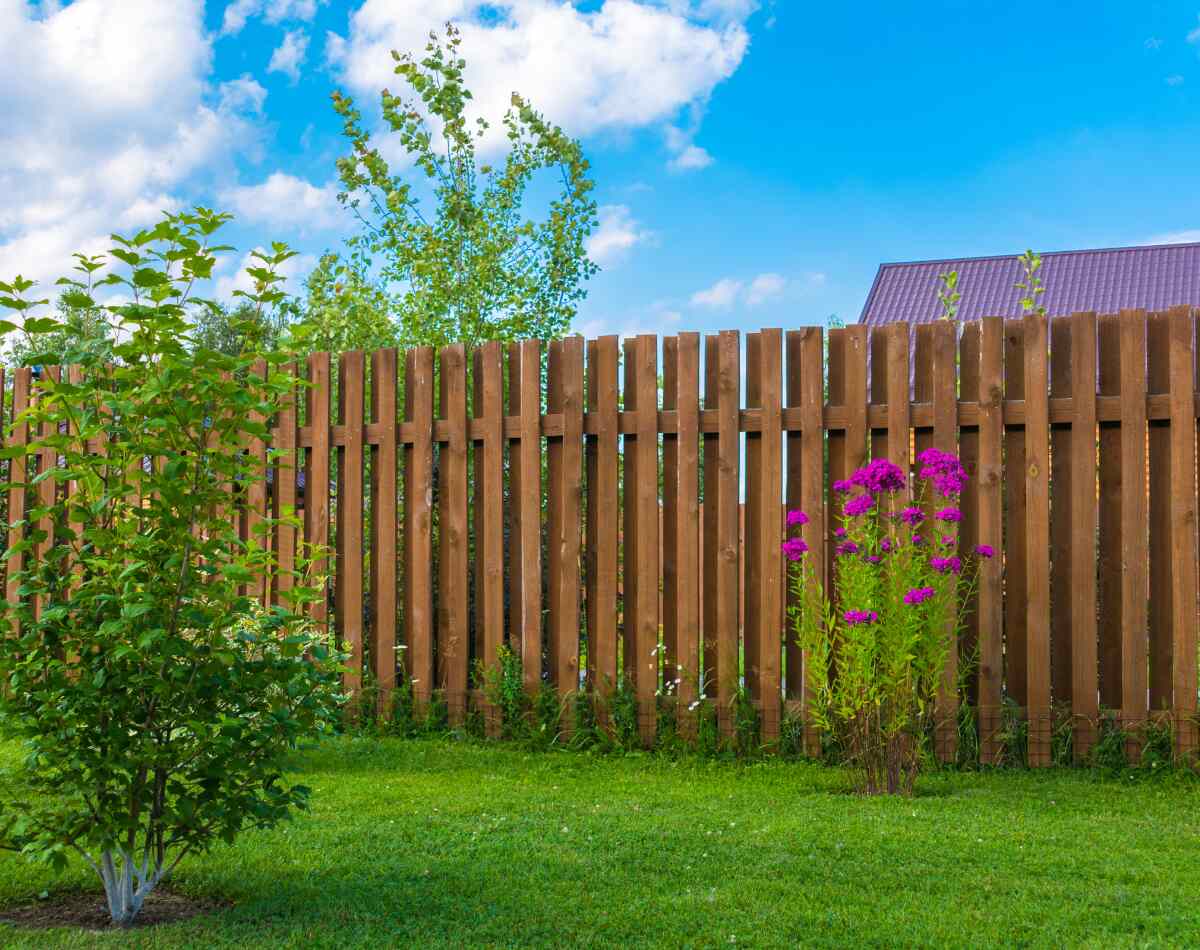All Categories
Featured

When mounting a fencing, selecting the right product is crucial to balancing capability, appearances, and spending plan. Timber, vinyl, and light weight aluminum are amongst the most frequently chosen fencing materials, each with its strengths and downsides. This overview checks out the pros and disadvantages of these choices to help you make an educated choice.

Wood Fence. Pros:. Natural Elegance: Wood's ageless charm can improve any residential property with its cozy and traditional look. Personalized: You can paint, tarnish, or carve wood to fit your style choices. Economical: Wood fence is initially more affordable compared to a few other materials. Eco-friendly: As a renewable energy, timber is biodegradable and frequently taken into consideration green. Disadvantages:. Maintenance-Intensive: Normal securing, paint, or discoloration is required to stop damage from weather condition and bugs. Prone to Degeneration: Without proper care, wood can rot, warp, or fracture with time. Shorter Life expectancy: Generally, wood fences last 10-15 years, depending on the kind of timber and upkeep. Timber is a wonderful alternative for those that value visual appeals and agree to purchase regular maintenance to maintain its appearance and durability.
Plastic Secure Fencing. Pros:. Reduced Maintenance: Vinyl needs very little care-- just periodic cleansing with soap and water. Weather Resistant: It does not warp, rot, or catch insect damage, making it very long lasting in various environments. Longevity: Plastic fences can last 20-30 years with little to no repair work. Style Selection: Available in a broad range of appearances, shades, and designs, consisting of wood-like looks. Disadvantages:. Greater Preliminary Price: Vinyl fences are a lot more expensive upfront contrasted to timber. Vulnerability to Cold: In exceptionally chilly weather condition, plastic can end up being brittle and vulnerable to breaking. Restricted Repair Options: Matching substitute panels can be testing if damage occurs. Plastic fence is perfect for house owners looking for a resilient, low-maintenance service that provides contemporary convenience.

Light Weight Aluminum Fence. Pros:. Rust-Proof: Aluminum withstands deterioration, making it an excellent choice for damp or damp atmospheres. Sturdy: Despite being light-weight, aluminum is strong and can endure harsh weather conditions. Reduced Maintenance: It requires minimal upkeep, normally only occasional cleaning. Long Life expectancy: Light weight aluminum fences can last years without considerable deterioration. Elegant Design: Often made use of for decorative functions, light weight aluminum fencing includes a smooth, innovative aim to properties. Disadvantages:. High Initial Investment: Light weight aluminum fencings are among the pricier choices on the marketplace. Less Personal privacy: The open layouts common with aluminum fencing don't offer much personal privacy. Prone to Damage: While sturdy, aluminum can damage if hit with enough force. Light weight aluminum is an exceptional choice for house owners focusing on aesthetics and longevity without requiring much maintenance.
Making Your Choice. When choosing between wood, aluminum, or vinyl fence, consider your top priorities:
Wood matches those who value an all-natural appearance and don't mind placing in maintenance effort. Vinyl is the very best alternative for those seeking a low-maintenance, weather-resistant option. Aluminum offers smooth design and durable longevity yet may do not have personal privacy. By carefully analyzing these products' functions, you can choose a fencing that enhances your residential or commercial property while fulfilling your aesthetic and useful needs.
Latest Posts
Check Out the Best Auto Repair Discounts in Montclare, Chicago
Published May 27, 25
1 min read
Why Chicago Drivers Select Montclare Auto Repair for Reliable Service and Significant Savings
Published May 26, 25
1 min read
Find Out How WyHy Federal Credit Union Saves You Money on Loans and Savings
Published May 25, 25
1 min read
More
Latest Posts
Check Out the Best Auto Repair Discounts in Montclare, Chicago
Published May 27, 25
1 min read
Why Chicago Drivers Select Montclare Auto Repair for Reliable Service and Significant Savings
Published May 26, 25
1 min read
Find Out How WyHy Federal Credit Union Saves You Money on Loans and Savings
Published May 25, 25
1 min read